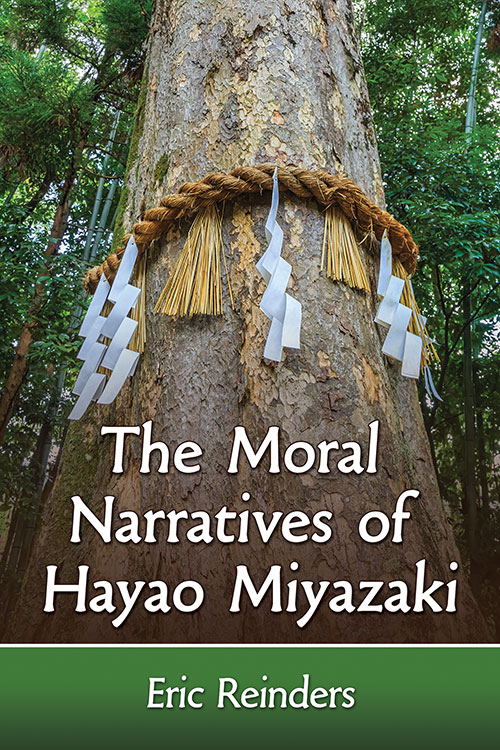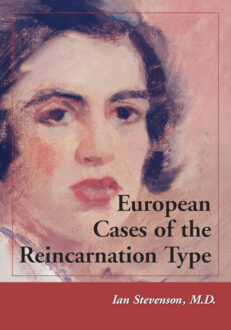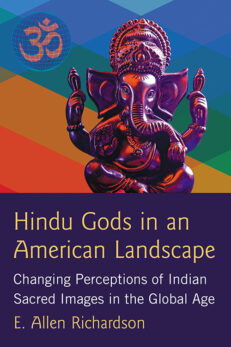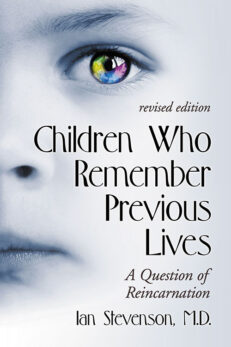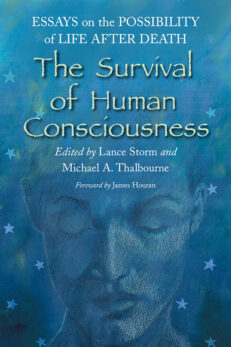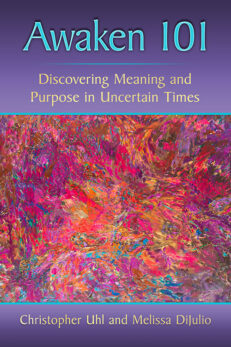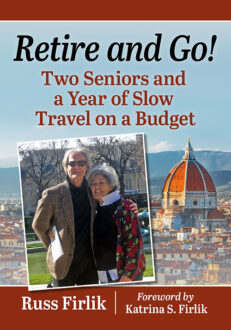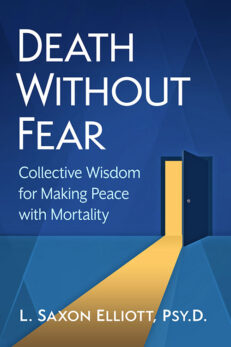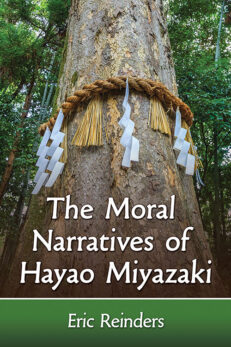The Moral Narratives of Hayao Miyazaki
$19.99
16 in stock
About the Book
Widely regarded as Japan’s greatest animated director, Hayao Miyazaki creates films lauded for vibrant characters and meaningful narrative themes. Examining the messages of his 10 full-length films—from Nausicaä (1984) to The Wind Rises (2013)—this study analyzes each for its religious, philosophical and ethical implications. Miyazaki’s work addresses a coherent set of human concerns, including adolescence, good and evil, our relationship to the past, our place in the natural order, and the problems of living in a complex and ambiguous world. Exhibiting religious influences without religious endorsement, his films urge nonjudgment and perseverance in everyday life.
About the Author(s)
Bibliographic Details
Eric Reinders
Format: softcover (6 x 9)
Pages: 228
Bibliographic Info: appendices, notes, bibliography, index
Copyright Date: 2016
pISBN: 978-1-4766-6452-1
eISBN: 978-1-4766-2679-6
Imprint: McFarland
Table of Contents
Acknowledgments vi
Introduction: What Does a Story Mean? 1
1. If You Think There’s a Solution, You’re Part of the Problem: Nausicaä of the Valley of the Wind 13
2. Learning to Live with the Monster: Laputa, Castle in the Sky 31
3. The Difference Between Wandering and Being Lost: My Neighbor Totoro 46
4. The Difference Between Work and Play: Kiki’s Delivery Service 68
5. “All humanity’s not a waste”: Porco Rosso 83
6. It’s Not About Winning—It’s About Not Giving Up: Princess Mononoke 97
7. There Is Nothing New Except What Has Been Forgotten: Spirited Away 118
8. A Face Without Sadness Is Less Beautiful: Howl’s Moving Castle 139
9. Being Human Is Trying: Ponyo 154
10. Eyes Clouded by Beauty: The Wind Rises 165
11. What Does to Live Mean? 179
Appendix 1. Continuing the Stories 189
Appendix 2. Plot Summaries 195
Chapter Notes 207
Bibliography 211
Index 215
Praise for the Book
“Intriguing…I enjoyed it enormously…. An attempt to define or codify Miyazaki’s cosmology is fascinating in itself, and tells us as much about what we need Miyazaki to be as what he is. Eric Reinders’ book brings us a wide ranging, multifaceted, highly personal and often playful reading of this universe, as though it were viewed through the Hubble Kaleidoscope. In the process it raises as many interesting questions as it answers.”—Helen McCarthy, The Anime Encyclopedia.

